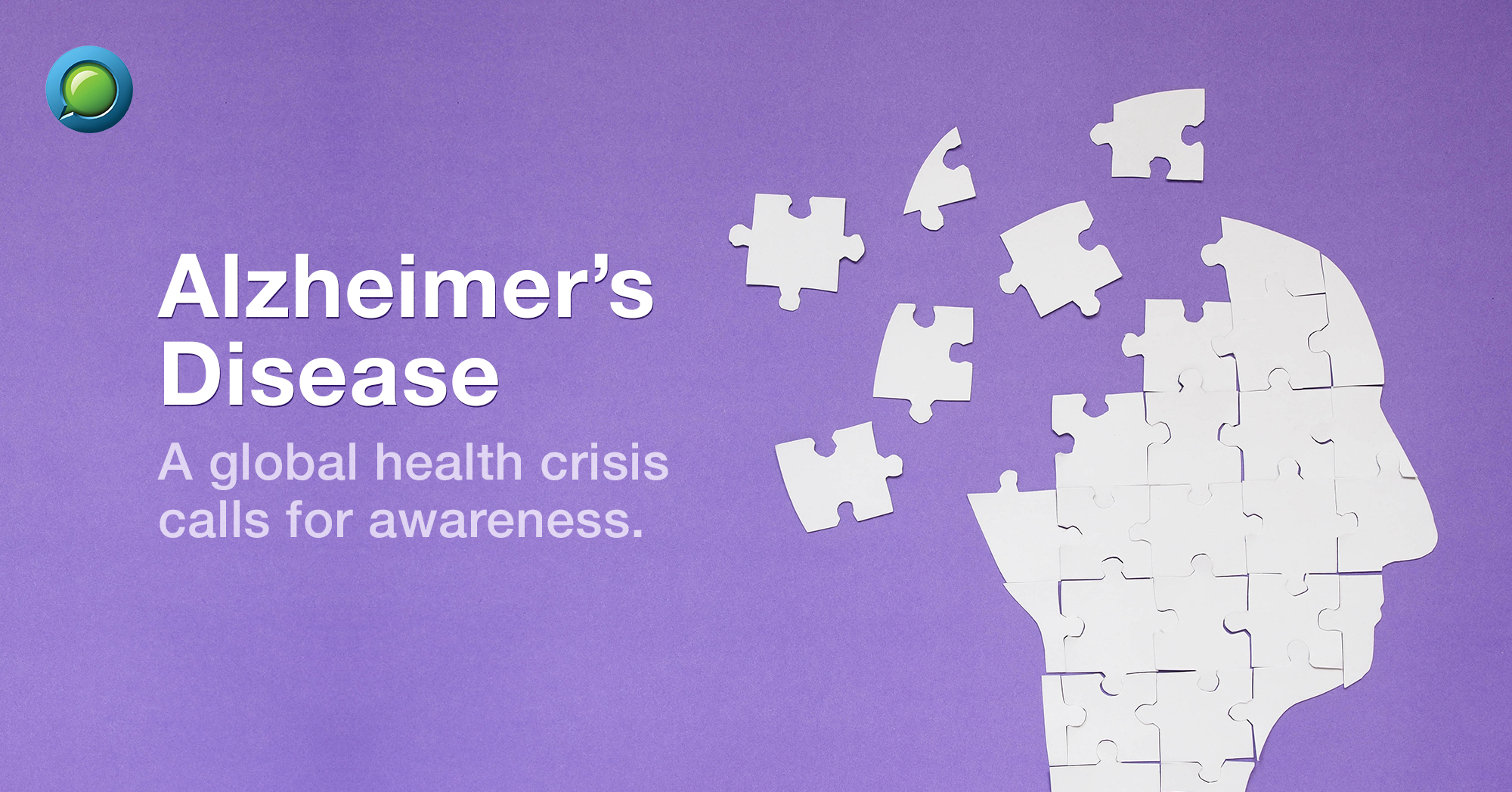Over 55 million people worldwide & more than 4 million Indians live with dementia. Alzheimer's disease (AD) is the most common type of dementia accounting for about 60 to 70% of all cases.
What is Alzheimer’s disease
Alzheimer’s disease is an incapacitating, progressive neurodegenerative condition associated with memory loss and declining mental functions (thinking, behavioral & social skills) and eventually, the ability to carry out simple tasks independently is lost.
Table 1: Types of Alzheimer's Disease
Causes of Alzheimer's disease
The exact cause is unknown but it is believed that a combination of genetic, lifestyle and environmental factors contribute to the development of the disease. The risk may include:
- Increasing Age
- Genetic factors: Early-onset Alzheimer's is strongly linked with gene mutation. However, older women with significant family history (have parent or sibling with Alzheimer’s) are at higher risk of developing Late-onset AD.
- Other conditions
- Down Syndrome
- Head Injury
- Poor quality sleep is linked to AD-like chemical changes in the brain
- High cholesterol, High blood pressure, Diabetes, Obesity, or Smoking
Symptoms
The symptoms appear slowly over months to years and include:
› Memory Loss
The first usual key symptom is memory loss which worsens as the disease progresses. Short-term memory loss (asking repetitive questions/repeating conversations, losing track of events, losing things, relying more on reminders/post-its notes, or forgetting appointments) progresses to long-term memory loss
› Cognitive deficits
Impaired decision-making, poor judgment/reasoning, difficulty handling complex tasks (making poor financial decisions, difficulty paying money)
› Language dysfunction
Struggle with conversations (difficulty finding the right words, make errors while speaking reading, and/or writing)
Problems with recognition (inability to recognize faces or common objects) and awareness of time and place are lost (wandering, losing balance, tripping over, or spilling things)
› Behavior changes
Social withdrawal (loss of interest in hobbies, sleeping more than usual, withdrawal from work), mood changes (upset, agitation, yelling), and socially inappropriate behavior.
Alzheimer’s Stages
Alzheimer's disease progresses gradually through stages, however, stages may overlap or the disease may remain plateau for periods.[Table 2]
Table 2: Stages of Alzheimer's disease
Is there a cure for Alzheimer's disease…
There is no cure for Alzheimer’s disease, however, medicines are prescribed to improve the symptoms after establishing the diagnosis through cognitive & memory tests, neurological function tests, neuroimaging (CT scan/ MRI brain), and genetic testing. Safety and supportive measures are implemented along with medicines to improve the quality of life of a patient.
Follow Tips to Reduce Risk/Prevent Alzheimer’s disease
- Eat a healthy diet (including antioxidants, plenty of omega-3 fats)
- Stay mentally active (Learn new skills, do crossword puzzles)
- Sleep well, avoid stress, stay socially and physically active
- Avoid smoking and alcohol
- Maintain a healthy cardiovascular system: Control high blood pressure, diabetes, and cholesterol
A patient with Alzheimer’s disease needs care with respect & dignity which could be attained through joint efforts from a healthcare provider, caregiver, and society.













